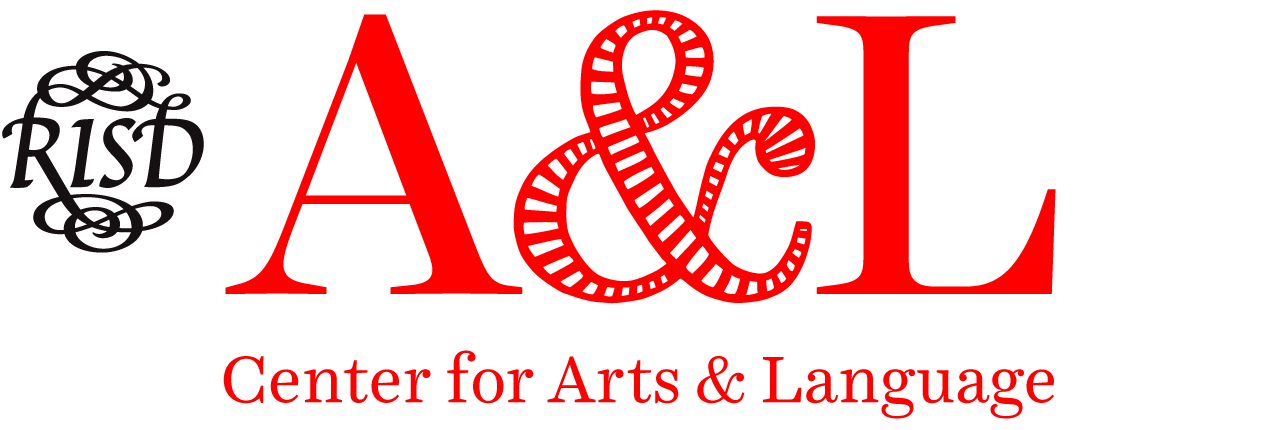Public Speaking Support
We offer peer tutoring for all kinds of public speaking projects research presentationscritique dialogues
artist talks
classroom discussions
slide-show narration
rally speeches
job interviews
podcasts
etc. and all types of skill development. projecting your voice
focusing your content
engaging your listeners
using gestures
articulating key vocabulary
incorporating rhetorical questions
feeling confident
preparing for the unexpected
etc.
Our tutors are ready to help you:*
– Brainstorm, organize, and revise content
– Get a listener’s perspective
– Improve specific qualities and tactics through new strategies
– Understand public speaking in general
– Practice and refine a presentation
– Prepare to talk about your work in critique
– Try physical, vocal, and rhetorical exercises
*Keep in mind that we can only focus on one or two priorities in each appointment; follow-up visits are encouraged.

